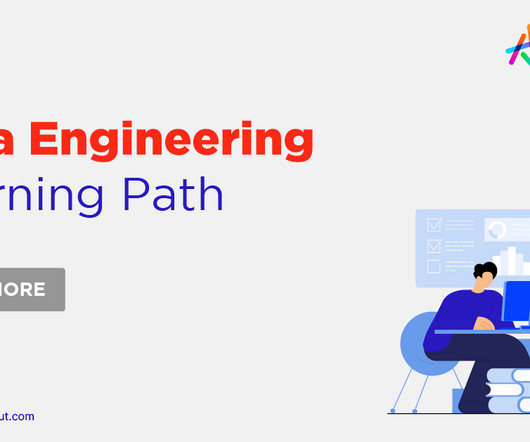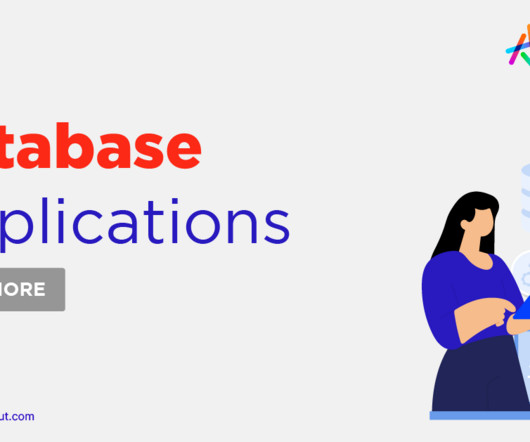Data Engineering Learning Path: A Complete Roadmap
Knowledge Hut
JUNE 23, 2023
You should be well-versed with SQL Server, Oracle DB, MySQL, Excel, or any other data storing or processing software. You must develop predictive models to help industries and businesses make data-driven decisions. You can start as a software administrator, a database analyst, or a business intelligence analyst.













Let's personalize your content